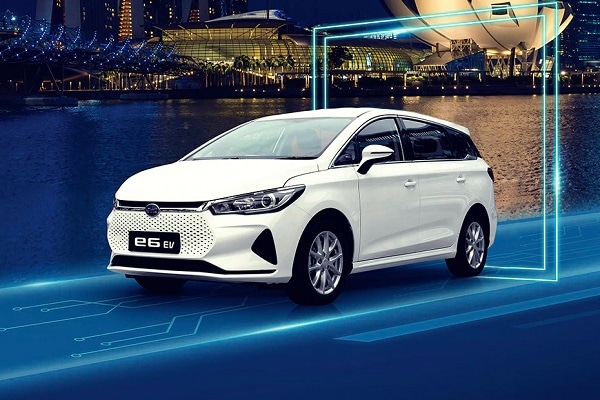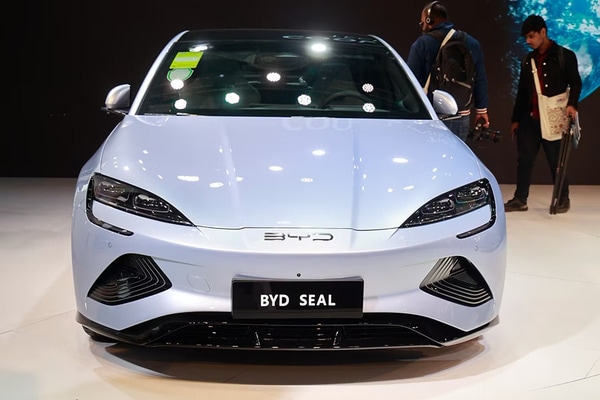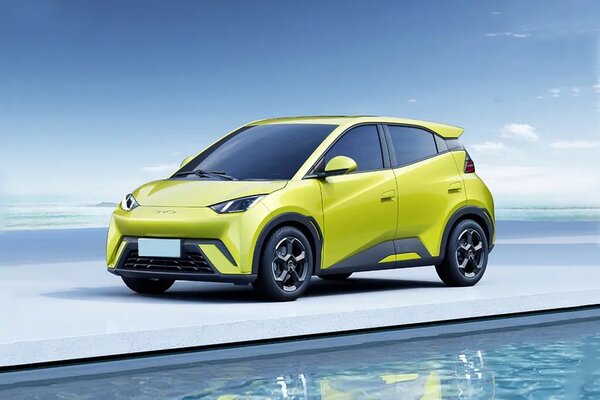BYD aims leadership position in Indian e-car market, targets a 40% market share
- BYD claims it has a wide range of product portfolios in the pipeline for the Indian market.
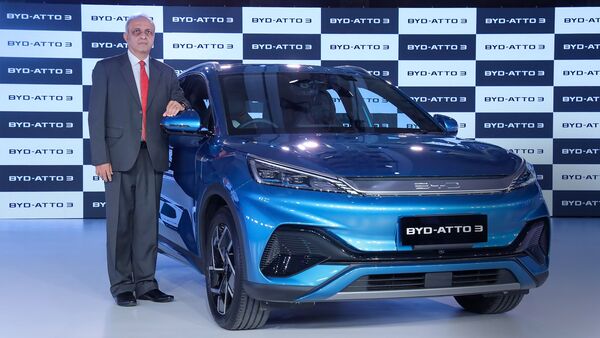

Chinese electric carmaker BYD is eyeing a leadership position in the Indian electric passenger vehicle market. The automaker on Tuesday said that it looks to garner a market share of 40 per cent in the segment by 2030. BYD on Tuesday introduced its second electric car for the market, the Atto 3. Previously, BYD introduced an electric MPV in the country market E6. To grab a major chunk of the Indian electric car market, BYD relies on its globally acclaimed prowess in new energy vehicle technology, claims a PTI report.
Also Read : BYD's first electric SUV in India offers more range than Nexon EV. Check details
BYD India has already commenced bookings for the Atto 3 EV, with deliveries slated to commence from January next year. However, despite introducing the EV, BYD has not revealed the price of the Atto 3.
Also check these Cars
BYD is currently present in more than 70 countries. The Chinese company now aims to grab a sizeable share in the Indian market, where the electric vehicle space has started to gain momentum with many automakers coming up with their respective products.
Speaking about its strategy, Sanjay Gopalakrishnan, Senior Vice President of BYD India, said that the automaker wants to be a leader in every market it enters. "We want to be the leader in every market we enter. If you look at buses in most of these countries, we are at 60-70 per cent market share in the electric bus segment. So we want to repeat that in the electric passenger vehicle segment also," he said to the news agency. He also said that BYD has a wide range of products in its portfolio which could be launched in India.
He expects the total electric vehicle market in India will grow to 55 lakh units by 2030, and may the penetration of electric passenger vehicles would be between 25039 per cent. This reflects a huge number. "We are expecting that the total electric vehicle market in the country will grow to 55 lakh units by 2030 and maybe the penetration of passenger electric vehicles could be between 25-30 per cent which is a huge number. So we are looking at taking 40 per cent market share of that by 2030, that is what we are aiming for," Gopalakrishnan added.
Currently, homegrown auto manufacturer Tata Motors leads the electric passenger vehicle segment. The automaker sells four electric cars in India, including the recently launched Tiago EV alongside the Tigor EV, Nexon EV Max, and Nexon EV Prime. Tata is expected to strengthen its grip further in the Indian electric car market with another upcoming electric car, Altorz EV, which could hit the market sometime next year after the Auto Expo 2023 in January. Mahindra, too is bullish about the segment, with plans to roll out multiple electric cars over the next few years.







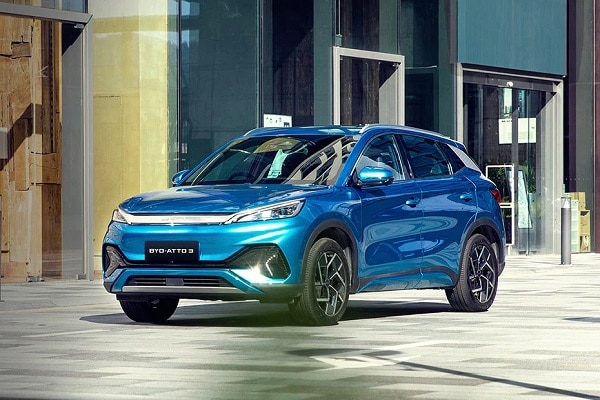
 60.48 kWh
60.48 kWh 521 km
521 km